Lipedema is a chronic condition that mainly affects women, causing abnormal fat accumulation and swelling, particularly in the lower body. Despite affecting millions of women worldwide, lipedema has no known cure, leaving many who suffer from the condition searching for ways to manage symptoms and improve their overall well-being.
Thankfully, nutrition is a natural and potent approach that offers symptom relief for lipedema. The consumption of certain anti-inflammatory foods can help manage symptoms by boosting lymphatic flow and decreasing systemic inflammation. In this article, we will explore what lipedema is, why inflammation is a risk factor for this condition, and the right foods to consume for lipedema symptom relief.
Jump to:
What is lipedema?
Lipedema is a fat metabolism disorder that primarily affects women. Its symptoms include abnormal and symmetrical accumulation of fatty tissue, especially in the buttocks, thighs, legs, hips, and, in some situations, the arms. Unlike common weight gain, the fat accumulation associated with lipedema is exercise and diet-resistant and can cause symptoms such as tenderness, bruising, swelling, and pain.
While lipedema sometimes looks like lymphedema or obesity on the surface, lipedema is a unique condition that can worsen over time, particularly during hormonal changes such as pregnancy, menopause, and puberty. Having lipedema can reduce quality of life, affecting mental health and impacting mobility.
The lymphatic system, responsible for removing excess fluid and waste, is often compromised in lipedema, disrupting lymph flow, resulting in tissue swelling and fluid buildup. This can be worsened by poor dietary choices that contribute to inflammation.
What is the link between inflammation and lipedema?
Chronic inflammation is one of the causes of lipedema, and if not properly managed, it can worsen symptoms. When the fat cells of lipedema are enlarged, the surrounding tissue becomes inflamed, creating a cycle where inflammation causes more fat accumulation and fibrosis, which then increases inflammation.
This cycle can increase the risk of hormonal imbalances, oxidative stress, and immune system dysfunction. Although the inflammation associated with lipedema may not be visible on the surface level, it affects the cells, contributing to pain, decreased lymphatic function, and fatigue.
Top 8 anti-inflammatory foods for lipedema symptom relief
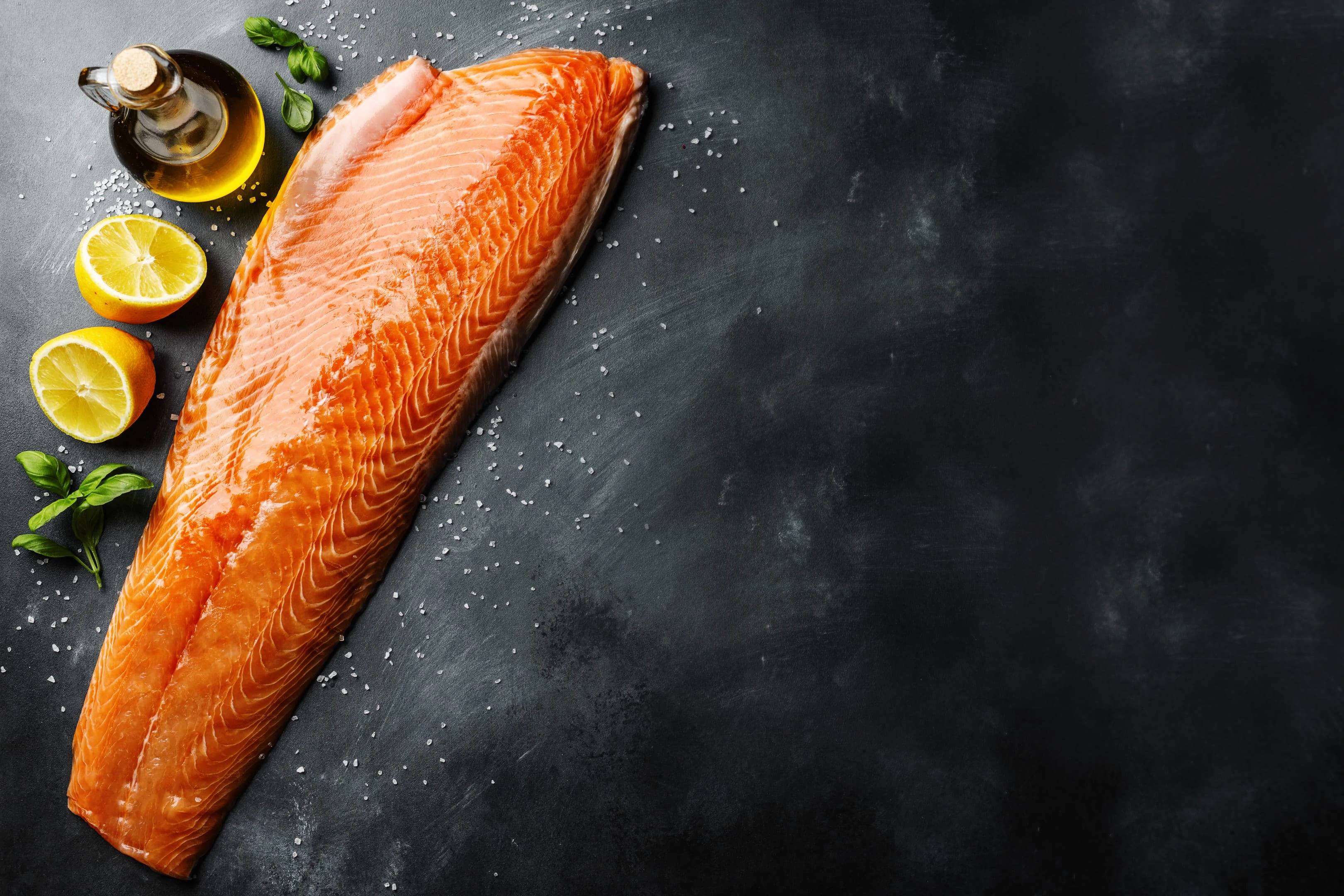
1. Wild-caught salmon
One of the most nutrient-dense foods to consume for inflammation is wild-caught salmon, making it beneficial for lipedema. This fatty fish is loaded with omega-3 fatty acids, especially eicosapentaenoic acid (EPA) and docosahexaenoic acid (DHA). These fats can help regulate inflammatory cytokines such as IL-6 and TNF-alpha that are often high in lipedema’s fat tissue.
Wild-caught salmon also contains vitamin D, a potent nutrient for boosting immune function and decreasing chronic inflammation. Vitamin D can also support joint and bone health by improving calcium absorption and bone strength, which can help decrease pain in the legs and hips that is common with lipedema.
2. Chia seeds
Chia seeds are loaded with insoluble and soluble fiber; two tablespoons of these small seeds contain up to 10 grams of dietary fiber. Fiber feeds beneficial gut bacteria, which can help to decrease inflammation by producing anti-inflammatory compounds, such as short-chain fatty acids (SCFAs). Fiber can also help prevent insulin spikes that can worsen fat accumulation associated with lipedema.
Moreover, chia seeds also contain other nutrients that are beneficial for lipedema, such as magnesium and phosphorus, which boost nerve and musculoskeletal health. Magnesium promotes muscle relaxation, decreases cramping, and improves glucose metabolism. Phosphorus, on the other hand, helps to maintain bone integrity and helps to eliminate waste through the kidneys.
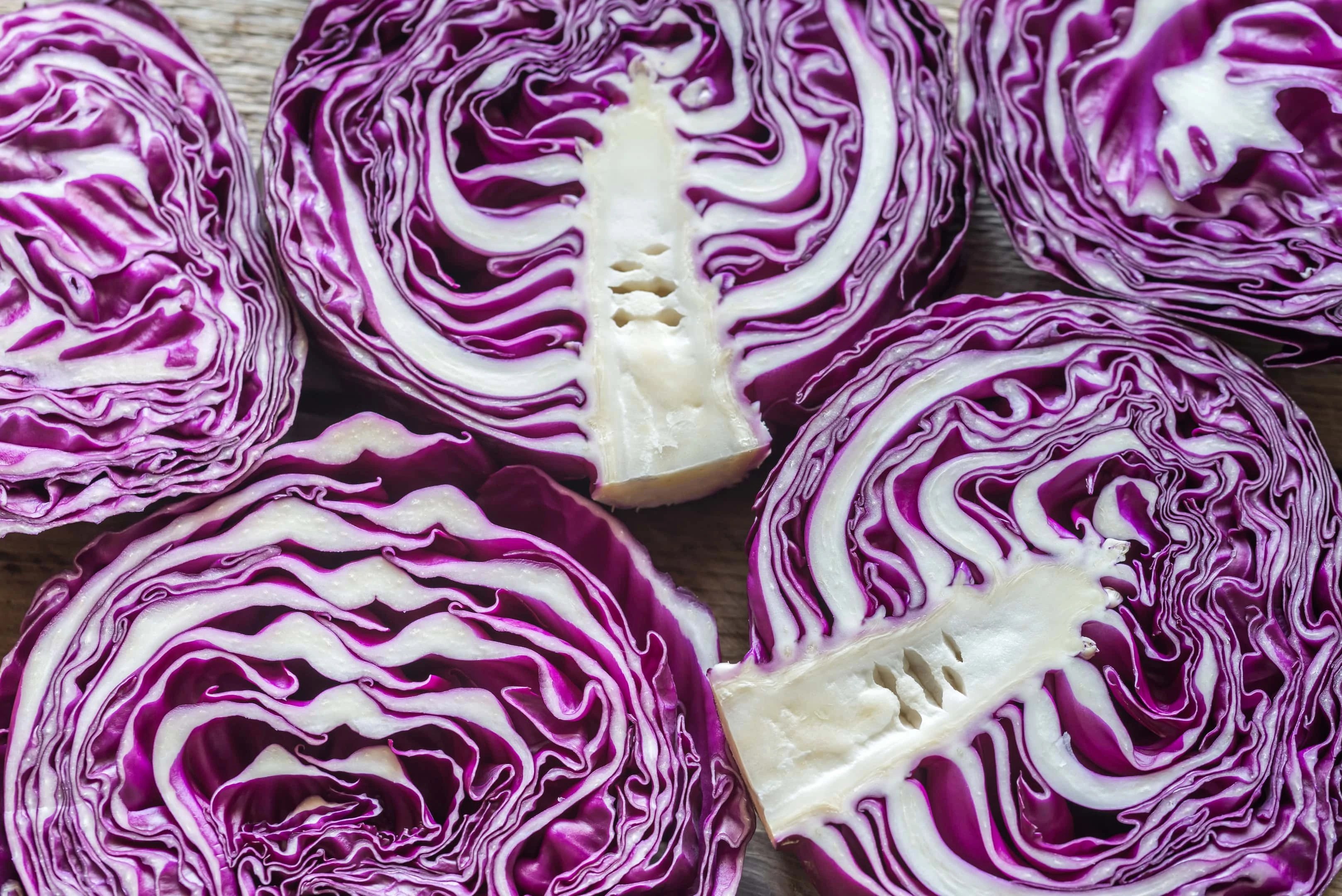
3. Red cabbage
Anthocyanins are a group of plant compounds that are responsible for the rich purple color of red cabbage. They can help eliminate free radicals that cause tissue damage and trigger inflammation, slowing down the progression of lipedema. In addition, these plant compounds support vascular integrity, promote circulation, and decrease bruising that is commonly associated with lipedema.
Red cabbage is also loaded with vitamin C, which is important for maintaining and creating collagen, the structural protein that holds connective tissue together. Collagen reduces fibrosis, which often occurs at the later stages of lipedema. Vitamin C can also help combat systemic inflammation, reducing the symptoms of lipedema.
4. Avocados
Rich in healthy fats, avocados are referred to as a ‘superfood’ for a good reason. Healthy oleic acid, the primary fat in avocados, helps to suppress the activities of pro-inflammatory cytokines such as CRP, which is commonly high in inflammatory conditions like lipedema. Oleic acid also helps to keep cell membranes flexible, aiding smooth entry and exit of toxins; this is beneficial for easing inflamed tissues.
In addition, avocados contain significant amounts of potassium, a nutrient that aids in the balance of sodium levels in the body. Potassium also helps to regulate fluid distribution in the body, helping to minimize swelling in the arms and legs. Moreover, potassium supports vascular health, decreasing strain on capillaries and veins affected by lipedema.
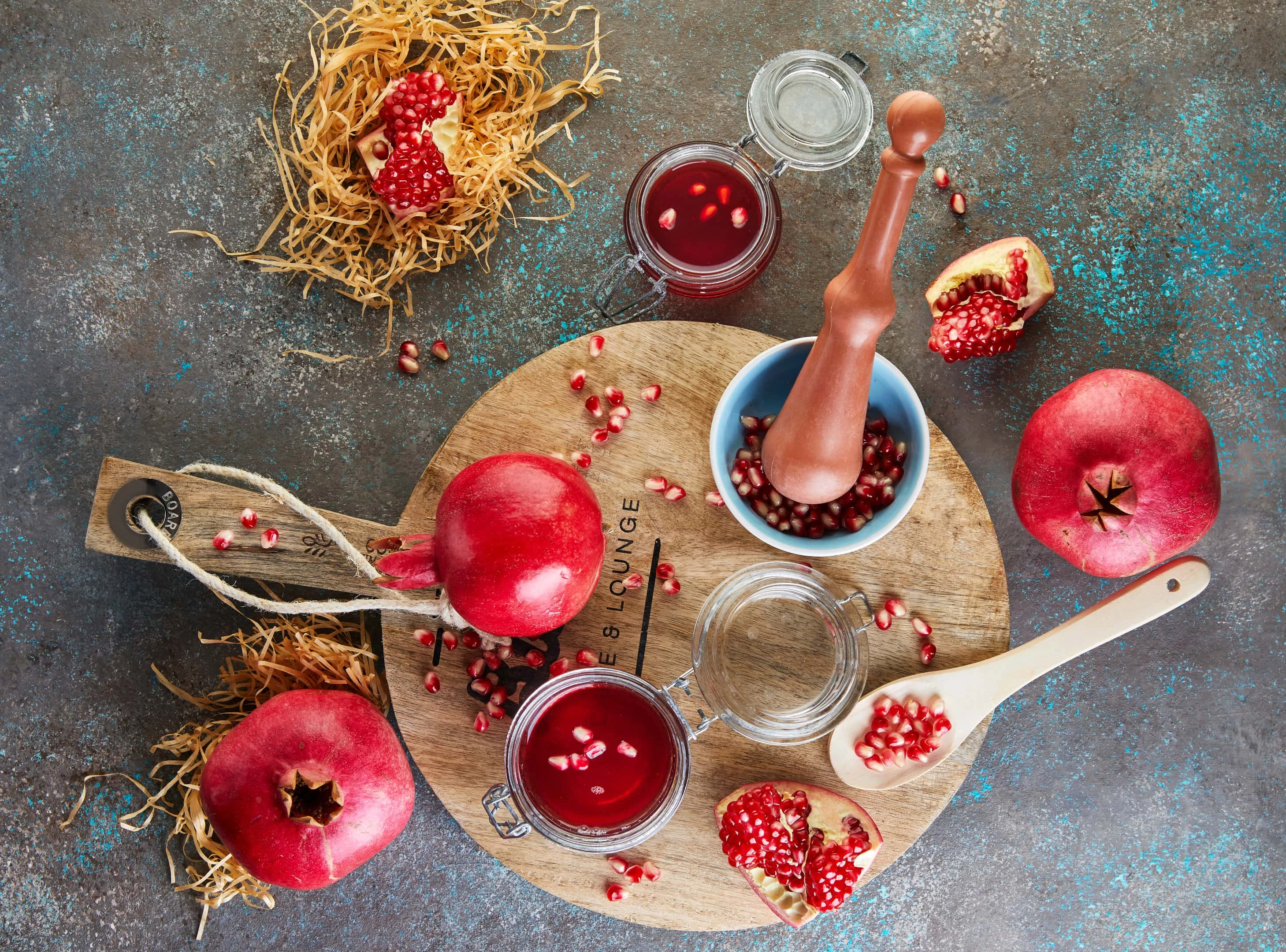
5. Pomegranate seeds
Pomegranate seeds are another anti-inflammatory food that can help decrease the symptoms of lipedema. They are high in ellagic acid and punicalagins, both of which help to regulate inflammation. These polyphenols also help to decrease oxidative stress that contributes to fibrotic changes and collagen breakdown in the skin.
Pomegranate seeds also contain anthocyanins that help to improve microcirculation, helping to decrease fluid buildup and promote lymphatic drainage. Anthocyanins also help prevent damage to capillaries and veins, helping to reduce the development of spider veins that often manifest as a symptom of lipedema.
6. Ginger
Ginger is popular in traditional medicine and has been used for the alleviation of diverse conditions for decades. It contains gingerols and shogaols, which are both powerful inflammation regulators. These compounds aid in the alleviation of soreness and joint pain, which is beneficial for managing the painful fat accumulation associated with lipedema.
Ginger’s rich composition of antioxidants is another reason why it is a beneficial food for managing lipedema’s symptoms. Ginger contains over 40 antioxidant compounds, including paradol, gingerenone, and zingerone. These antioxidants work together to slow down the hardening of fat tissues, which is a common risk factor in the progression of lipedema.
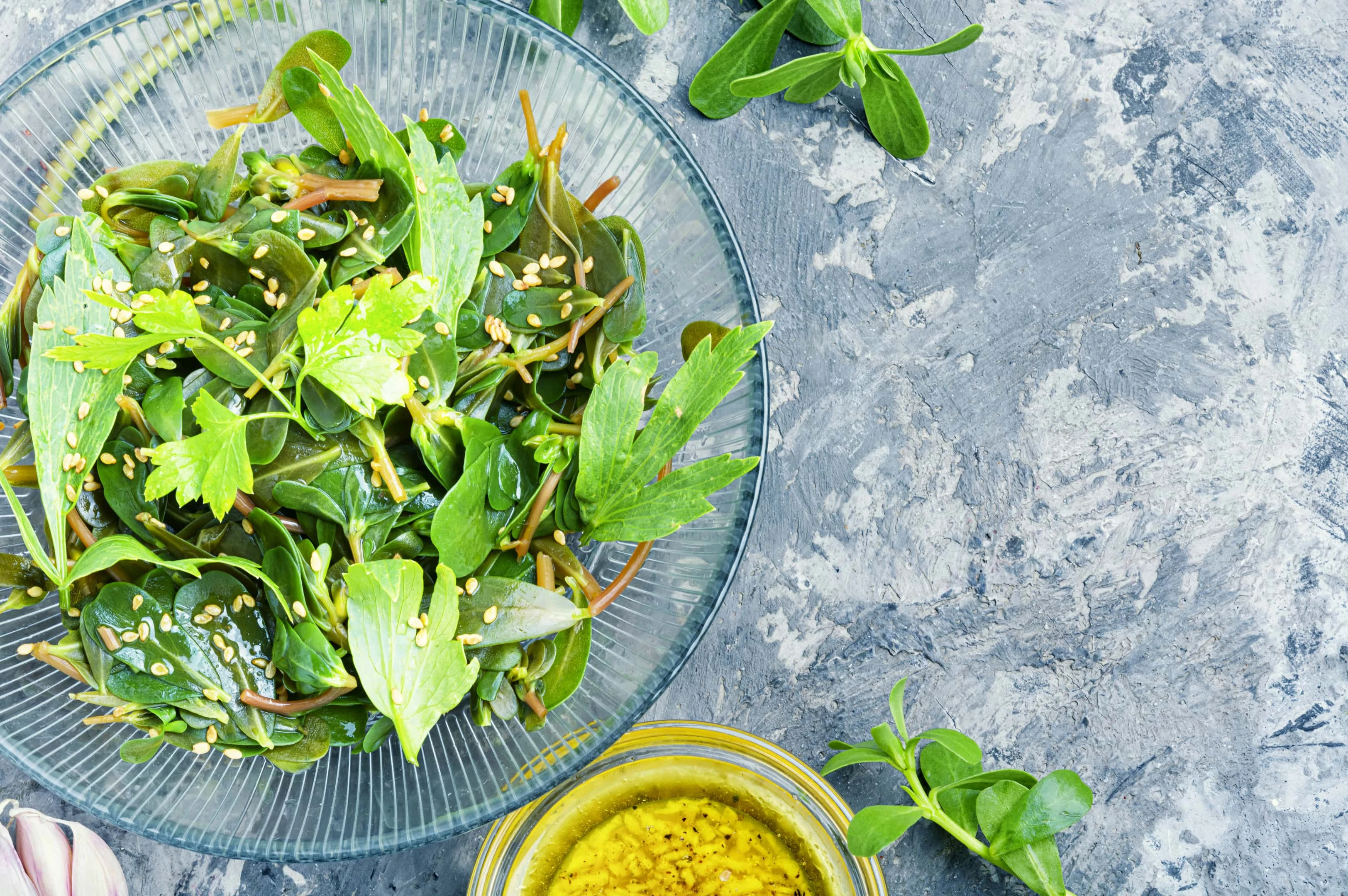
7. Parsley
Parsley is an underrated nutritional powerhouse that offers several health benefits, including therapeutic benefits for women dealing with lipedema. Parsley is high in two powerful flavonoids, luteolin and apigenin. These flavonoids possess anti-inflammatory and antioxidant qualities that can help modulate immune response, aiding the management of lipedema.
Parsley is also rich in vitamin K, which supports healthy circulation that is important for decreasing swelling and preventing the buildup of lymphatic fluid in the lower body. Moreover, vitamin K promotes the prevention of capillary leakage, which can lead to visible bruises in areas prone to lipedema.
8. Blueberries
Blueberries are loaded with polyphenolic compounds such as quercetin and resveratrol. These compounds support cellular repair and regeneration of inflamed fat tissue. Quercetin, in particular, helps to decrease histamine release, helping to reduce lipedema-associated swelling.
Blueberries are also packed with anthocyanins that can help suppress inflammation of fat tissue, providing relief for lipedema symptoms. These compounds can also help to regulate the growth of fat cells and prevent the expansion of adipose tissue. In addition, blueberries contain manganese that promotes stable blood sugar levels, aiding the reduction of systemic inflammation and preventing further fat accumulation.
Conclusion
While no single food can cure lipedema, a balanced diet that is packed with certain anti-inflammatory foods such as blueberries, parsley, ginger, and wild-caught salmon can aid in the alleviation of lipedema-related symptoms. The powerful nutrients and antioxidants in these foods can support reduced swelling, decreased pain, balanced blood sugar, better lymphatic function, and improved overall well-being.

A writer passionate about wellness, nutrition, and intentional living. She creates engaging, research-based content that empowers readers to live healthier lives. Through every article, she brings clarity, inspiration, and a touch of everyday practicality. Read more about Juliana.


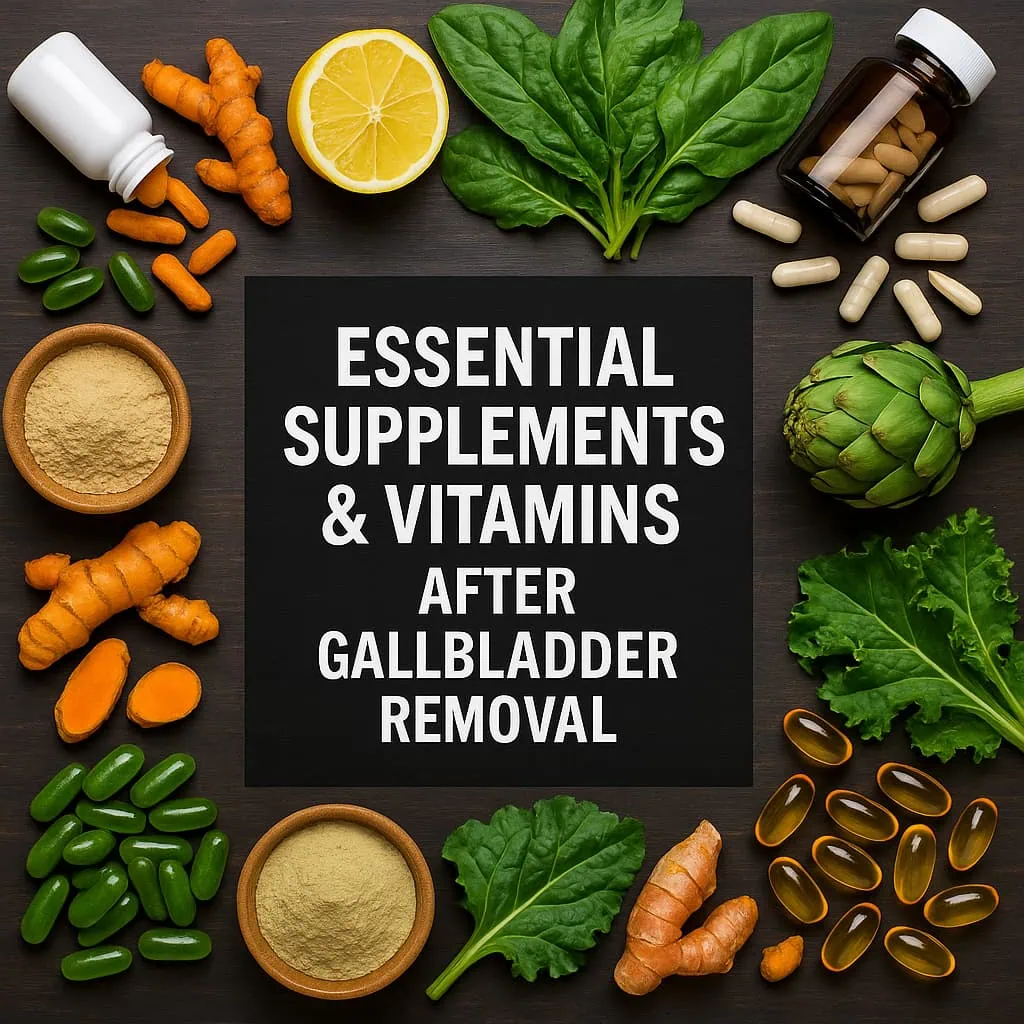
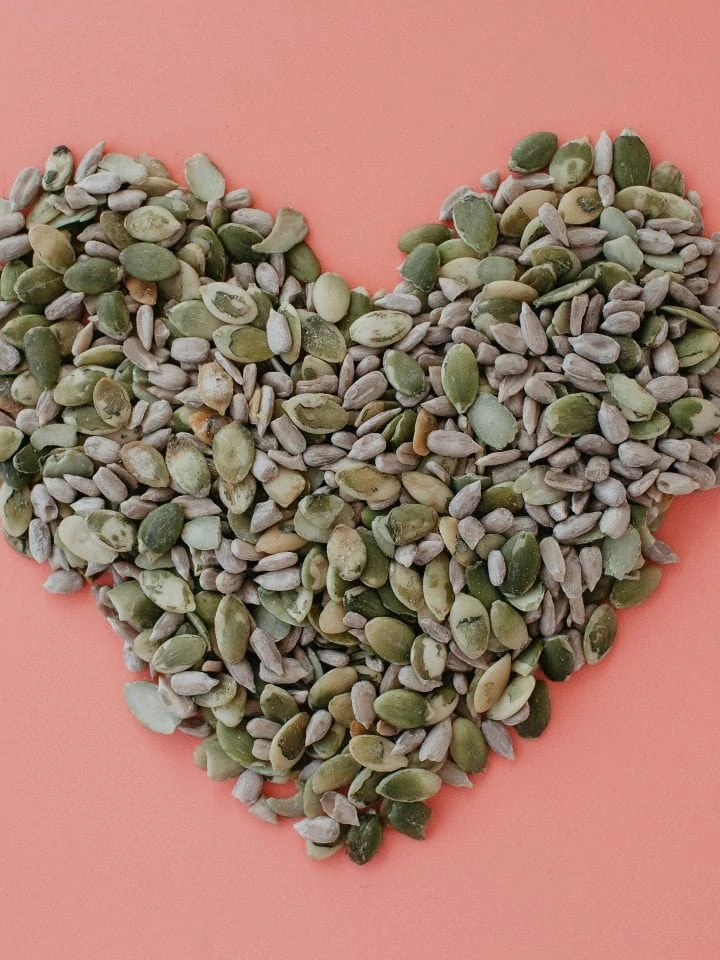
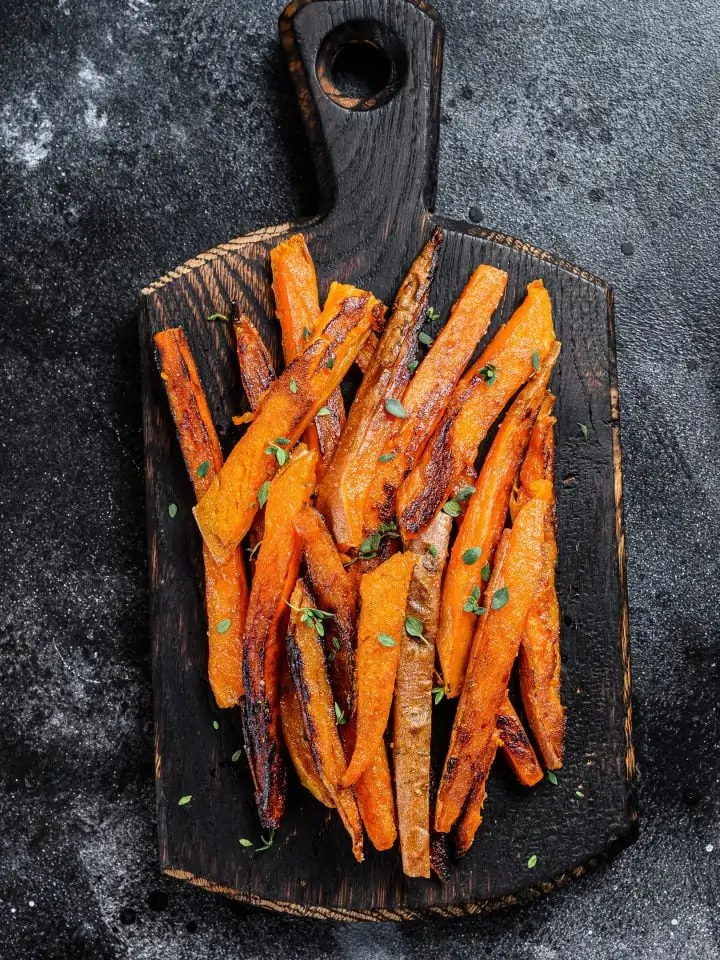
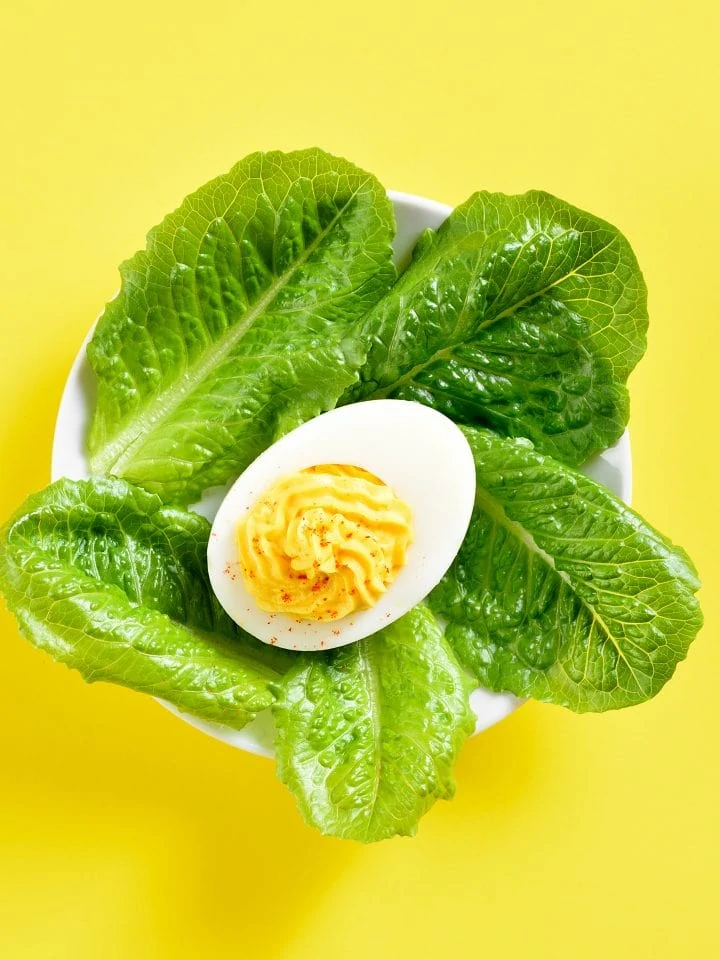

Comments
No Comments